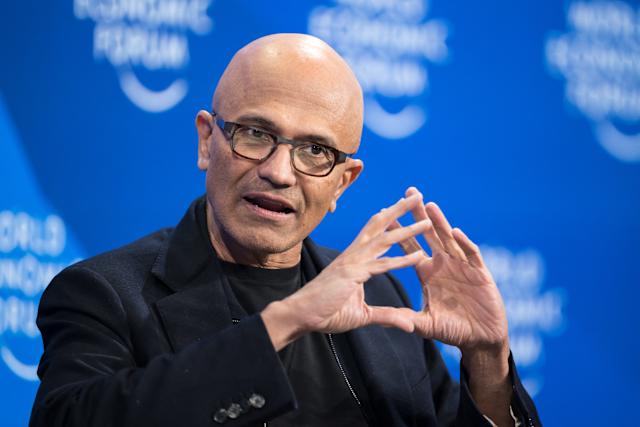
In a move that could have far-reaching implications for the future of artificial intelligence (AI) development, OpenAI announced on Monday that it has been awarded a contract by the U.S. Department of Defense (DoD) for up to $200 million to help the agency identify and build prototype systems that use its frontier models for administrative tasks and more. The DoD's announcement, which was slightly more straightforward in its wording, stated that the contract will see the development of prototype AI capabilities to address critical national security challenges in both warfighting and enterprise domains. While it is unclear whether the reference to war-fighting applies to the weapons themselves or just other areas associated with wars, such as paperwork, OpenAI's guidelines do forbid individual users from using ChatGPT or its APIs to develop or use weapons. However, OpenAI deleted the explicit prohibitions of "military and warfare" in its terms of service back in January 2024. The decision by the DoD to work directly with OpenAI is a significant development in the ongoing race between China's AI and the Western world's models, which has been described as a "cold war" by Marc Andreessen, co-founder of VC firm Andreessen Horowitz and an OpenAI investor. In an interview with Jack Altman's "Uncapped" podcast, Andreessen emphasized the dangers of China's advanced LLM models and the need for the West to catch up. However, this announcement also sheds light on OpenAI's increasingly strained relationship with its major investor Microsoft. Microsoft has thousands of contracts with the federal government worth hundreds of millions of dollars and has been implementing strict security protocols necessary for the government, especially the DoD, to use its cloud. OpenAI's decision to announce this deal as part of its broader new "OpenAI for Government" program, which consolidates a number of other programs it uses to sell wares directly to government agencies, including the U.S. National Labs, the Air Force Research Laboratory, NASA, NIH, and the Treasury, could be seen as a move to distance itself from Microsoft's influence. In April, Microsoft announced that the DoD had approved its Azure OpenAI Service for all classified levels, but now the DoD is going straight to the source. From Microsoft's perspective, this move is a clear indication that OpenAI is looking to expand its own reach and independence. While neither Microsoft nor OpenAI have commented on this development, it is clear that this new contract with the DoD will have a significant impact on both companies and their respective roles in the AI industry. As AI continues to evolve and become more integrated into our daily lives, it will be interesting to see how this new partnership between OpenAI and the DoD will shape the future of AI development and use.
The awarding of OpenAI's $209M DoD contract evidences a likely technocratic rift, casting doubt on the enduring alliance between Microsoft and its once-frenemy colleague in advanced AI research.
The $205M DoD contract awarded to OpenAI, posing a potential rift in their frenemy relationship with Microsoft over the US government's dependance on non-proprietary AI solutions.














